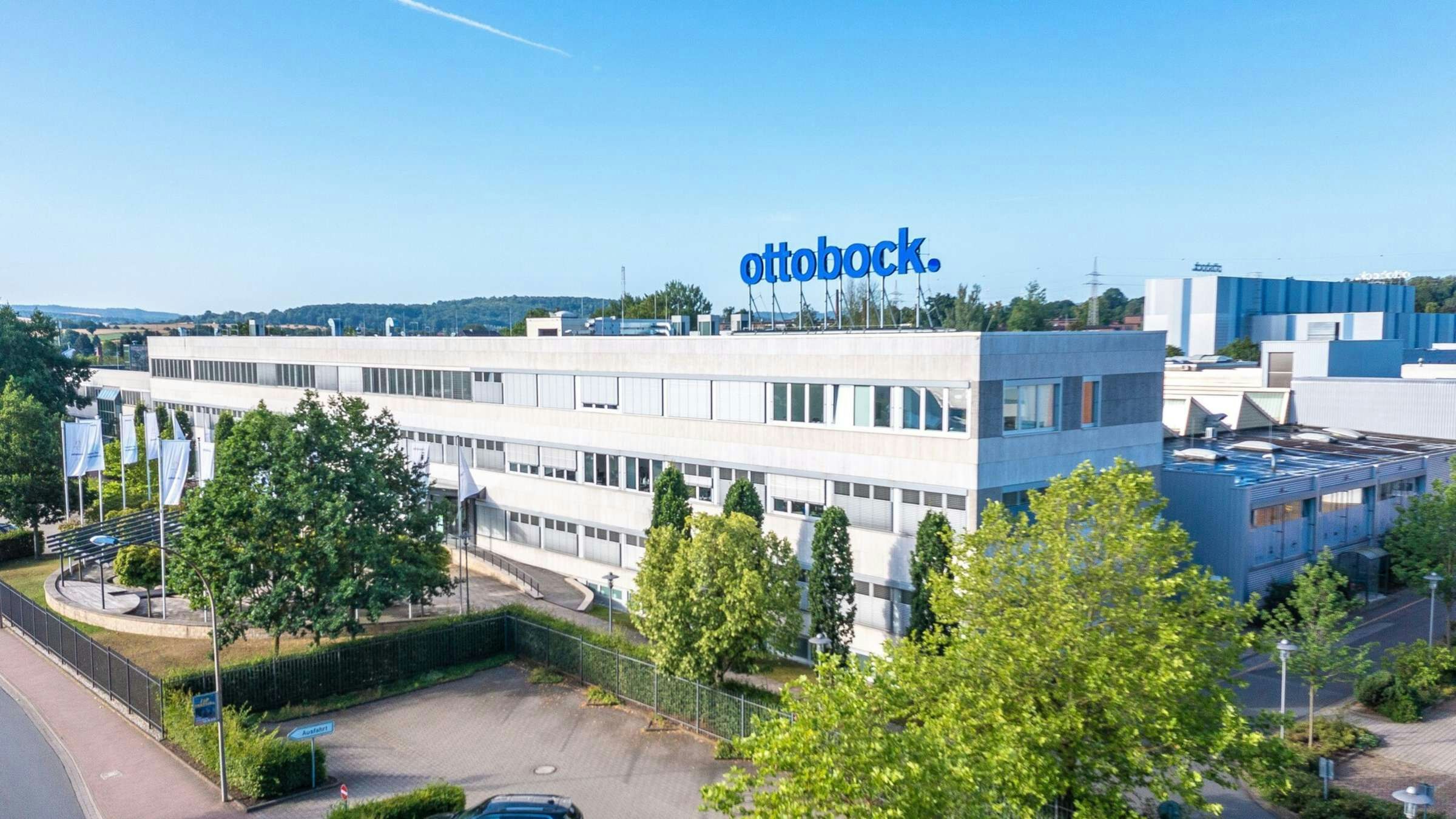Sonos, the American manufacturer of premium sound systems, suffered a $100 million revenue loss last year due to a faulty smartphone app—nearly a tenth of total revenue. The failed software update, released in May 2023, caused significant disruptions in the use of connected speakers and home theater systems. The consequences were severe: in addition to a significant loss of customer trust, the debacle cost CEO Patrick Spence his position.
The situation highlights the risks that arise when traditional hardware companies rely on software to reposition themselves as tech firms. Sonos, founded 20 years ago by engineering students in California and publicly traded since 2018, owes its success not only to high-quality hardware but above all to seamless digital control. The app failure has called this core competency into question and put the company in a strategic dilemma.
Sonos relies heavily on customer retention: 44 percent of products sold in the last fiscal year went to existing households. There are a total of 16 million registered user accounts worldwide, but over 45 million connected devices. The business model is based on customers continuously expanding their systems - a model that could now be faltering.
Sonos is also a challenge for investors. After reaching a sales peak of nearly $1.8 billion in 2022, the shares have fallen by two-thirds since the pandemic boom of 2021. Nevertheless, according to Morgan Stanley, the company's value is at a high 14 times the estimated EBITDA for 2026, at $1.6 billion. The quarterly figures on Thursday are expected to provide insight into whether and how Sonos can recover from this setback.
The example illustrates a larger structural danger: Software has long been the backbone of modern companies – and their Achilles' heel at the same time. Increasing connectivity makes products not only more powerful but also more susceptible to errors in the code. In speakers, a technical problem remains annoying but manageable. However, in industries such as electric mobility, energy supply, or medical technology, software failures are potentially catastrophic. Sonos delivers a poignant warning: Those who invest in connected technologies also invest in the risk of digital errors.







